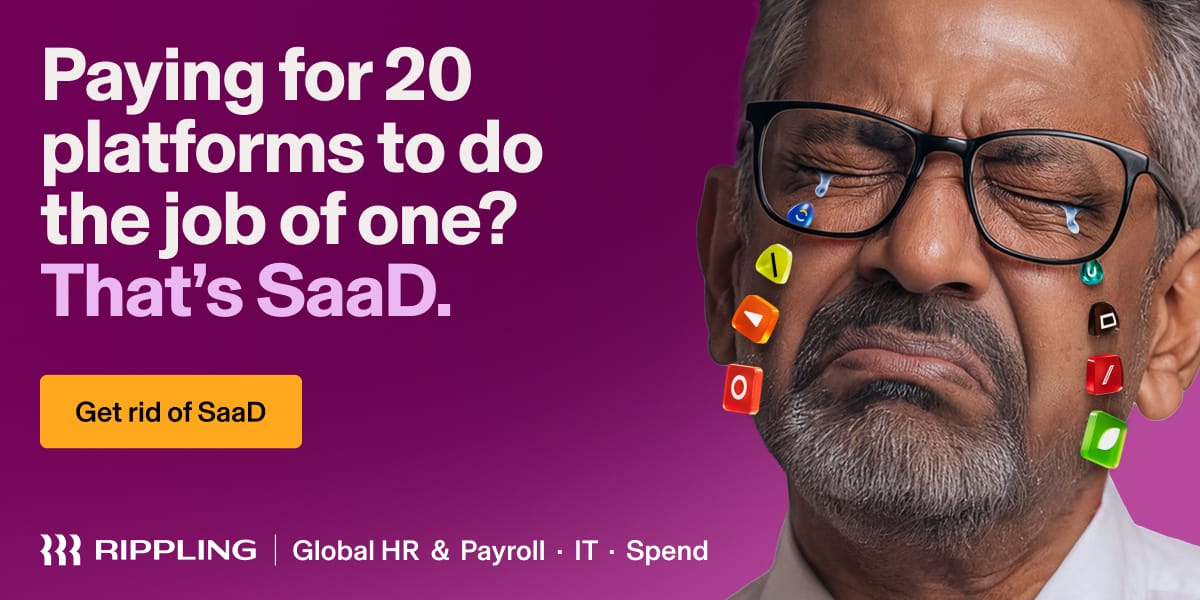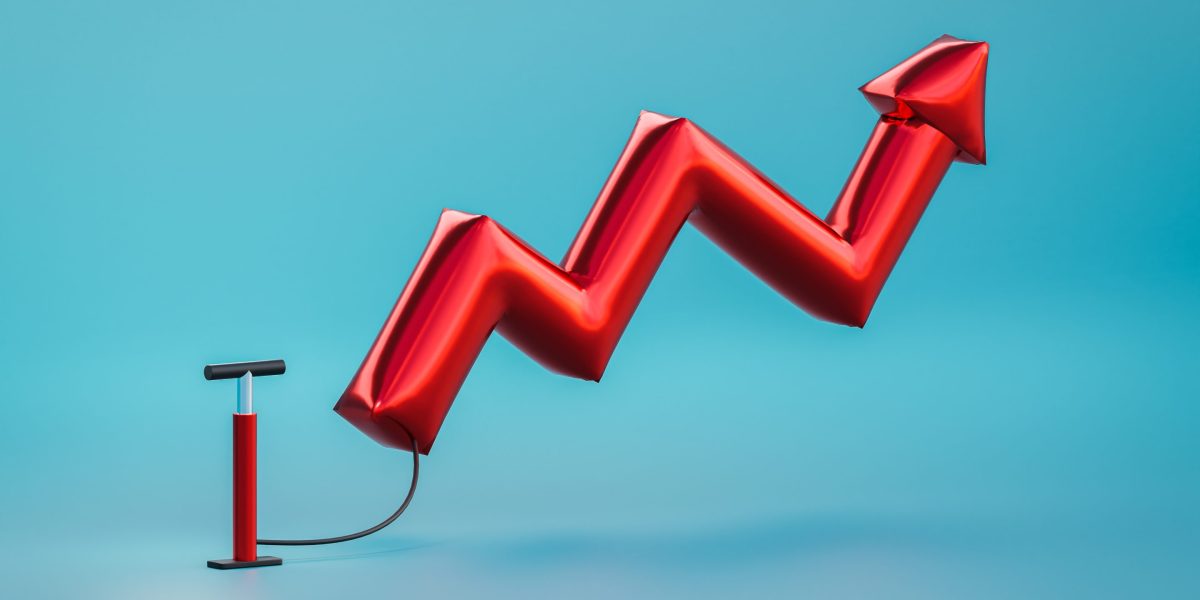Welcome back to Daily Zaps, your regularly-scheduled dose of AI news ⚡
Here’s what we got for ya today:
World’s most valuable startup
OpenAI’s AI-native device vision
Never trust videos again
Companion chatbots
Let’s get right into it!
BIG TECH
Sam Altman on Sora, Energy, and Building an AI Empire
Sam Altman joins Ben Horowitz and Erik Torenberg to discuss OpenAI’s journey from a nonprofit in 2015 to the world’s most valuable startup. He outlines OpenAI’s mission to build safe AGI through a vertically integrated approach that combines model development and distribution via products like ChatGPT. Altman explains that releasing Sora, the video-generation model, marks a step toward multimodal intelligence and helps study AI’s societal effects.
He envisions future AI systems as natural, multimodal assistants that accelerate scientific progress. The discussion also covers leadership lessons, strategic partnerships such as with Microsoft, and the balance between regulation, copyright, and open-source collaboration. Altman highlights the growing challenges around energy use, monetization, and competition for top talent, closing with advice for founders to focus on first principles, user needs, and long-term impact over short-term hype.
BIG TECH
OpenAI’s AI-native device vision
OpenAI CEO Sam Altman and famed Apple designer Sir Jony Ive revealed their ambitious collaboration to create a new family of AI-powered devices aimed at repairing humanity’s strained relationship with technology. Following OpenAI’s $6.5 billion acquisition of Ive’s startup Io, the pair discussed a mission driven less by specs and more by emotional well-being — a radical shift from Silicon Valley’s productivity obsession. Ive described current devices as “legacy products” and said the goal is to design tools that make people feel calmer and more fulfilled, not anxious or overstimulated.
The project, inspired by ChatGPT’s breakthrough, envisions a screenless, intuitive, almost companion-like device that feels “inevitable” rather than novel. Ive admitted that the team faces the challenge of narrowing down “15 to 20 compelling ideas,” but remains intent on creating technology that feels joyful, humane, and necessary — a spiritual successor to the iPhone, yet aimed at healing the digital disconnection it helped create.
FROM OUR PARTNER RIPPLING
Don’t get SaaD. Get Rippling.
Remember when software made business simpler?
Today, the average company runs 100+ apps—each with its own logins, data, and headaches. HR can’t find employee info. IT fights security blind spots. Finance reconciles numbers instead of planning growth.
Our State of Software Sprawl report reveals the true cost of “Software as a Disservice” (SaaD)—and how much time, money, and sanity it’s draining from your teams.
The future of work is unified. Don’t get SaaD. Get Rippling.
BIG TECH
Never trust videos again
Hollywood is in turmoil over OpenAI’s new Sora 2, a generative video model that lets users create social-media-ready videos from simple text prompts — including mash-ups featuring famous characters or celebrities. Major studios and the talent agency CAA have warned that Sora 2 poses “significant risk” to intellectual property, while the MPA urged OpenAI to stop copyright violations. Companies such as Disney, Warner Bros., and NBCUniversal have already sued other AI firms like Midjourney and MiniMax for similar issues, though none have yet targeted OpenAI, whose valuation has soared to $500 billion.
Sam Altman has promised a future “opt-in” system and potential revenue sharing for rightsholders, but details remain vague. The controversy reflects Hollywood’s conflicted stance on AI — torn between creative efficiency and fear of piracy — and comes amid weak unity among studios wary of overregulating a technology that could cut costs. Political winds have further shifted under Donald Trump, who favors looser copyright enforcement to bolster U.S. AI competitiveness.
BIG TECH
OpenAI’s AgentKit
OpenAI unveiled AgentKit, a new developer suite designed to simplify the creation and deployment of AI agents by unifying fragmented tools and workflows into a single platform. Announced at DevDay in San Francisco, AgentKit positions OpenAI as a full-stack provider and includes three core components: Agent Builder, a visual interface for designing and versioning multi-agent workflows; Connector Registry, a centralized hub for managing data and integrations across ChatGPT and API environments; and ChatKit, which enables developers to easily embed chat-based agents into apps and websites.
The toolkit also introduces enhanced evaluation capabilities—automated graders, trace grading, and prompt optimization—and a Guardrails safety layer to prevent data leaks or misuse. With pre-built connectors for Dropbox, Google Drive, SharePoint, and Teams, and integration with third-party MCP servers, AgentKit reduces development time dramatically: companies like Ramp report building production-ready agents in hours instead of months.
In case you’re interested — we’ve got hundreds of cool AI tools listed over at the Daily Zaps Tool Hub.
If you have any cool tools to share, feel free to submit them or get in touch with us by replying to this email.










